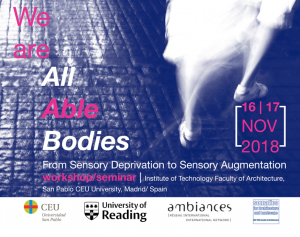 /// We are All Able Bodies: From Sensory Deprivation to Sensory Augmentation
/// We are All Able Bodies: From Sensory Deprivation to Sensory Augmentation
A trans-disciplinary workshop/seminar organised in a partnership between the Institute of Technology Faculty of Architecture, San Pablo CEU University Madrid/ Spain and the School of Architecture, University of Reading/UK, with the support from the International Ambiances Network/ https://ambiances.net
/// Call for Contributions
By focusing on the intertwinement between sensory perception, affect and aesthetic practices, this two-day workshop/seminar aims to bring into dialogue researchers and practitioners from a wide range of disciplines to re-examine potentials and limitations of bodies experiencing sensory realm. Our research question explores how our bodily abilities can inform design and how design can have either an intensifying or diminishing effect on our sensory abilities. We want to think of sensory perception otherwise, developing new ways of moving towards the understanding of disability as ableness. In doing so, we want to exchange experiences, skills and knowledge, addressing diverse ways of creating inclusive environments that operate beyond what we can or cannot perceive, providing a possibility for action and interaction for All Bodies.
We invite abstracts of up to 300 words outlining the intended contribution to the event, either in the format of an academic paper or performative demonstration. Due to limited numbers, we welcome also expressions of interest in attending as a participant, summarising interests in the seminar topic.
Please submit your abstract or expression of interest by email to info@psaap.com by October 5th 2018, 12:00 pm (CET). Email subject: AAB call for contributions.
Announcement of acceptance by October 22nd 2018.
More information at http://psaap.com/en/we-are-all-able-bodies-from-sensory-deprivation-to-sensory-augmentation-2/

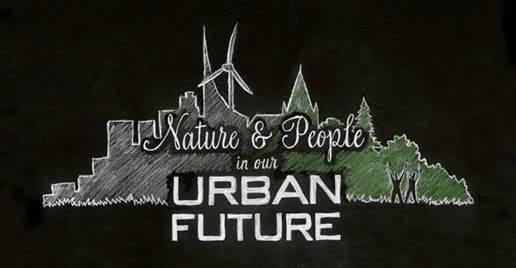
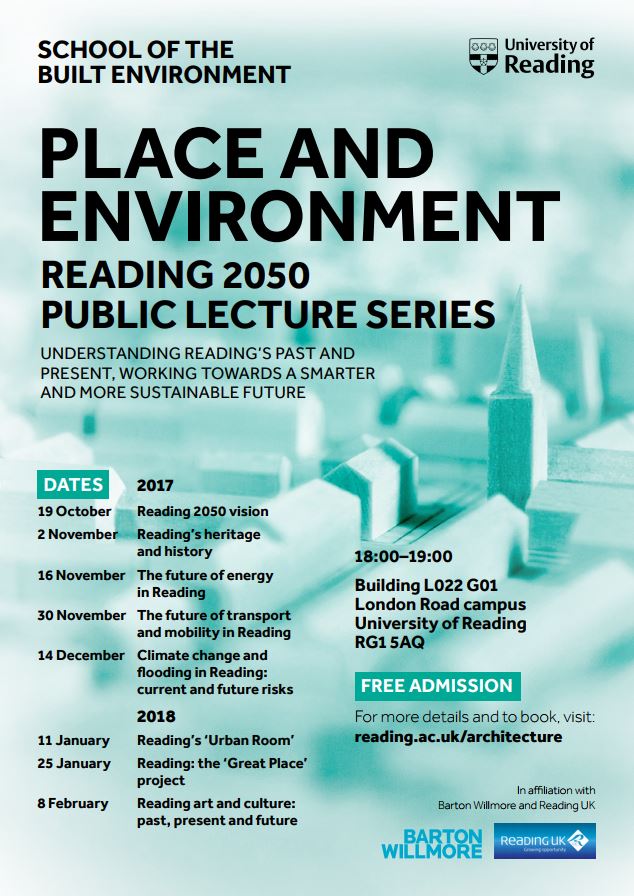
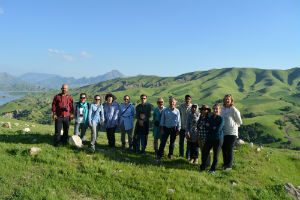
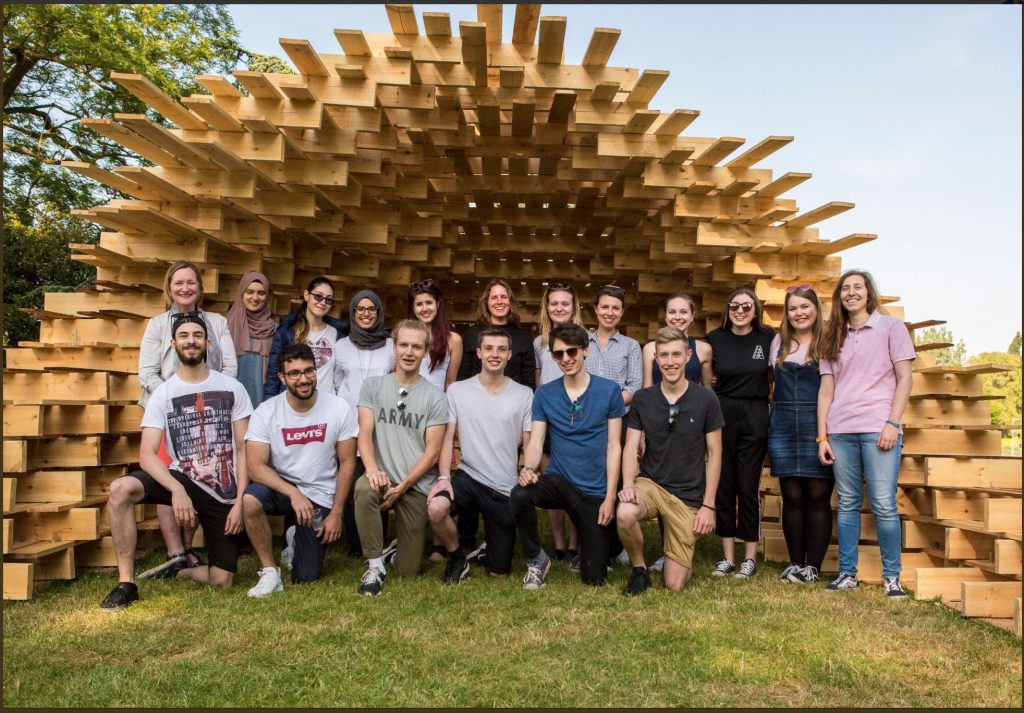
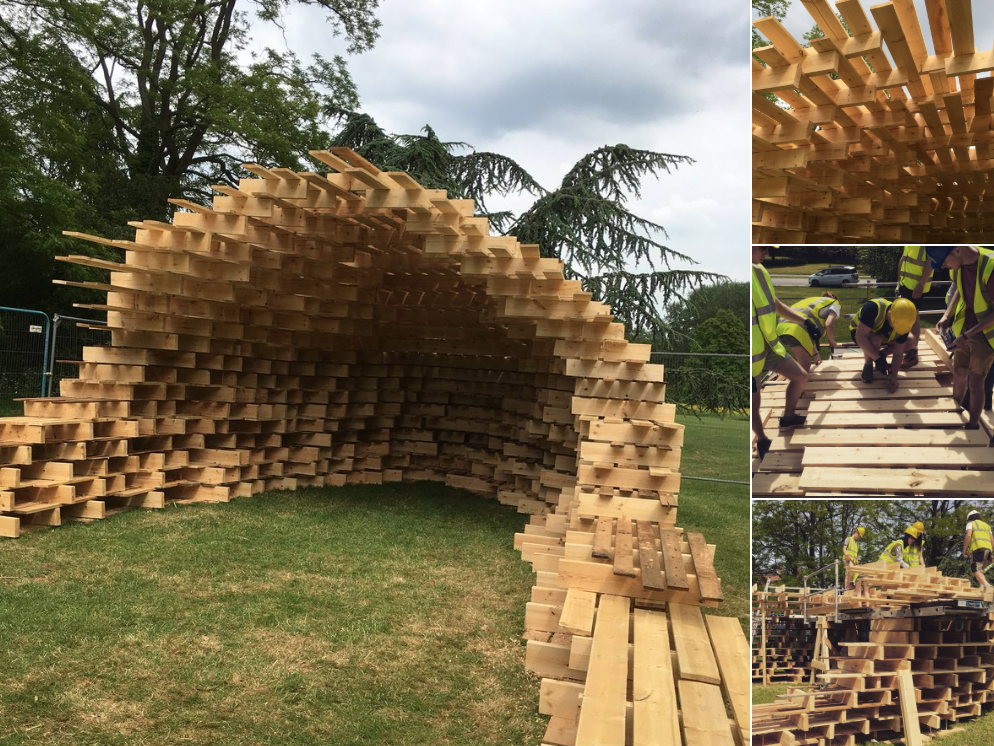
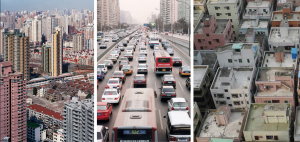 Reading University to present at a joint UK-China research workshop this June, at Xi’an Jiaotong University
Reading University to present at a joint UK-China research workshop this June, at Xi’an Jiaotong University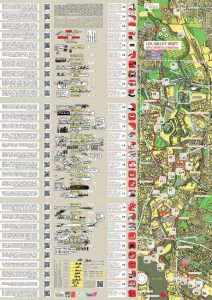
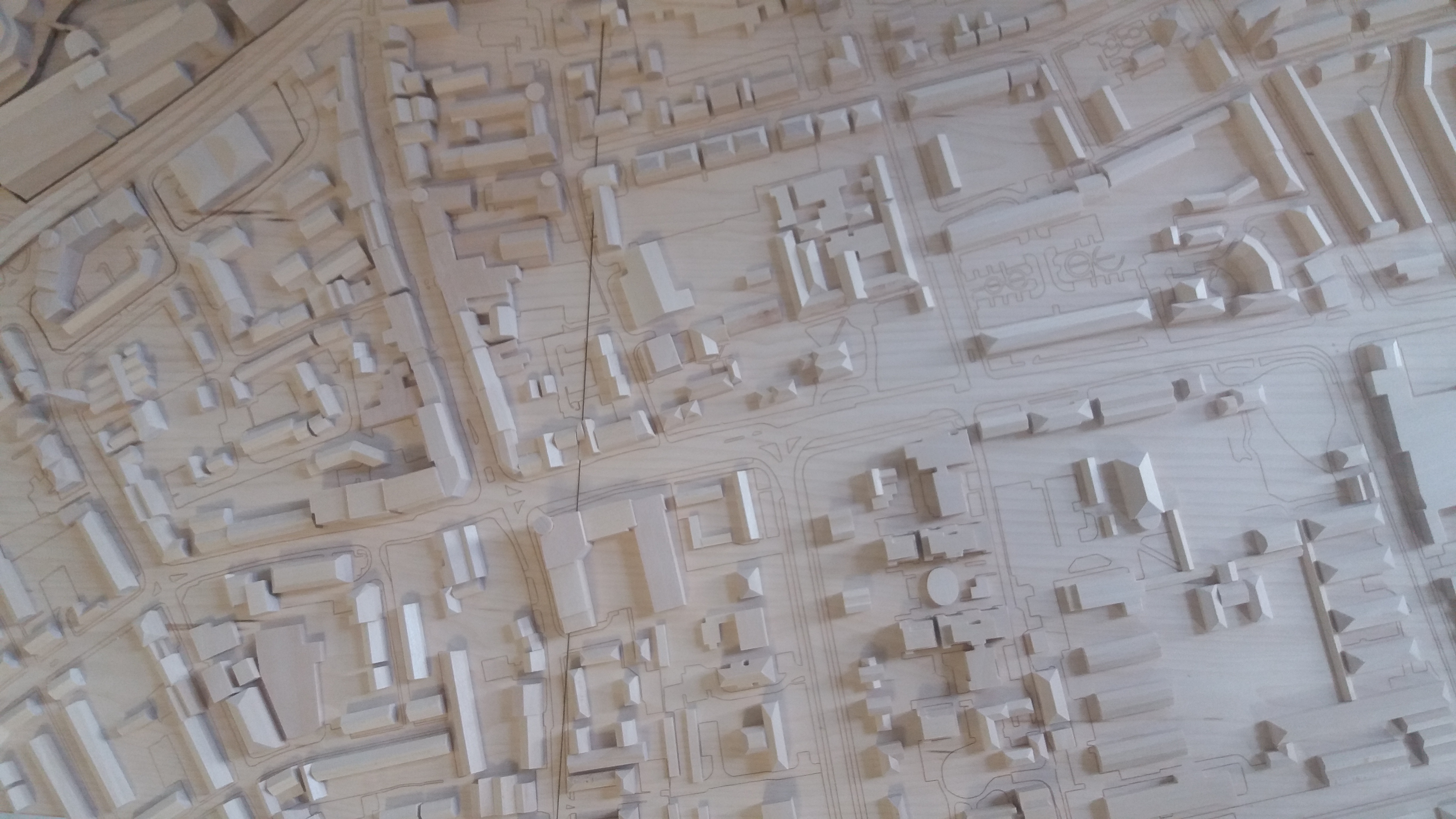
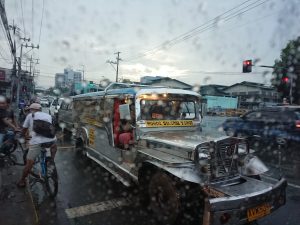 A Memorandum of Understanding between the two schools has led to the development of a collaborative PhD programme funded by the British Council starting in September 2018.
A Memorandum of Understanding between the two schools has led to the development of a collaborative PhD programme funded by the British Council starting in September 2018.